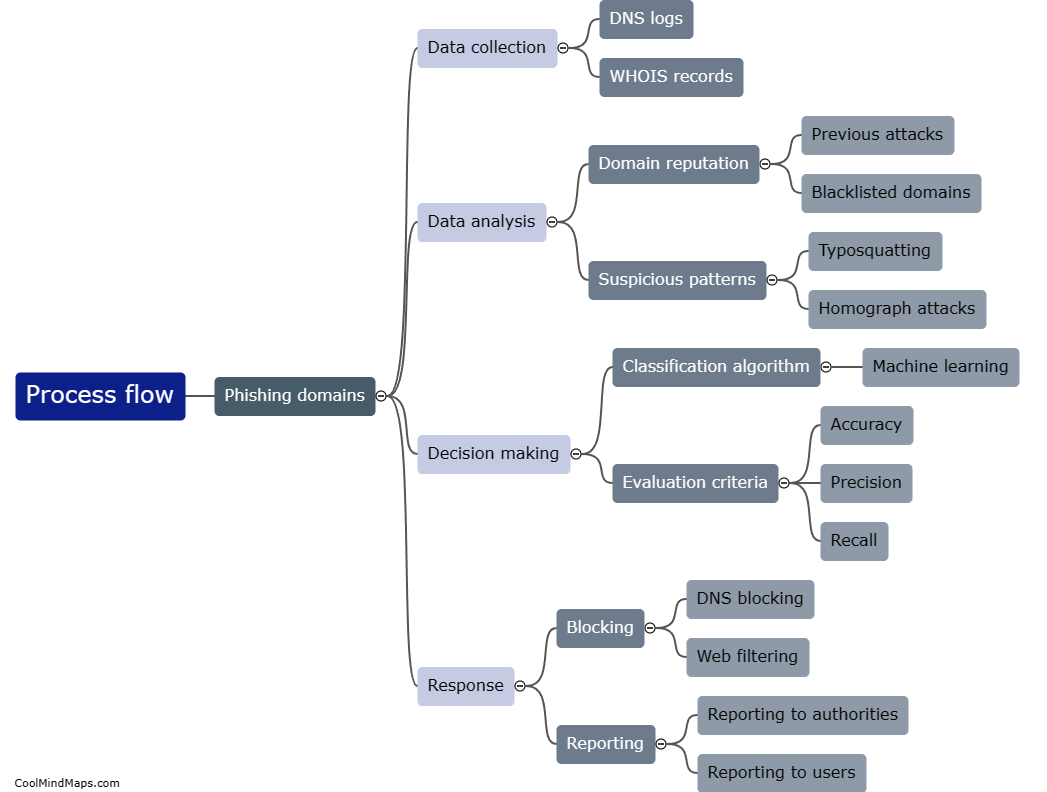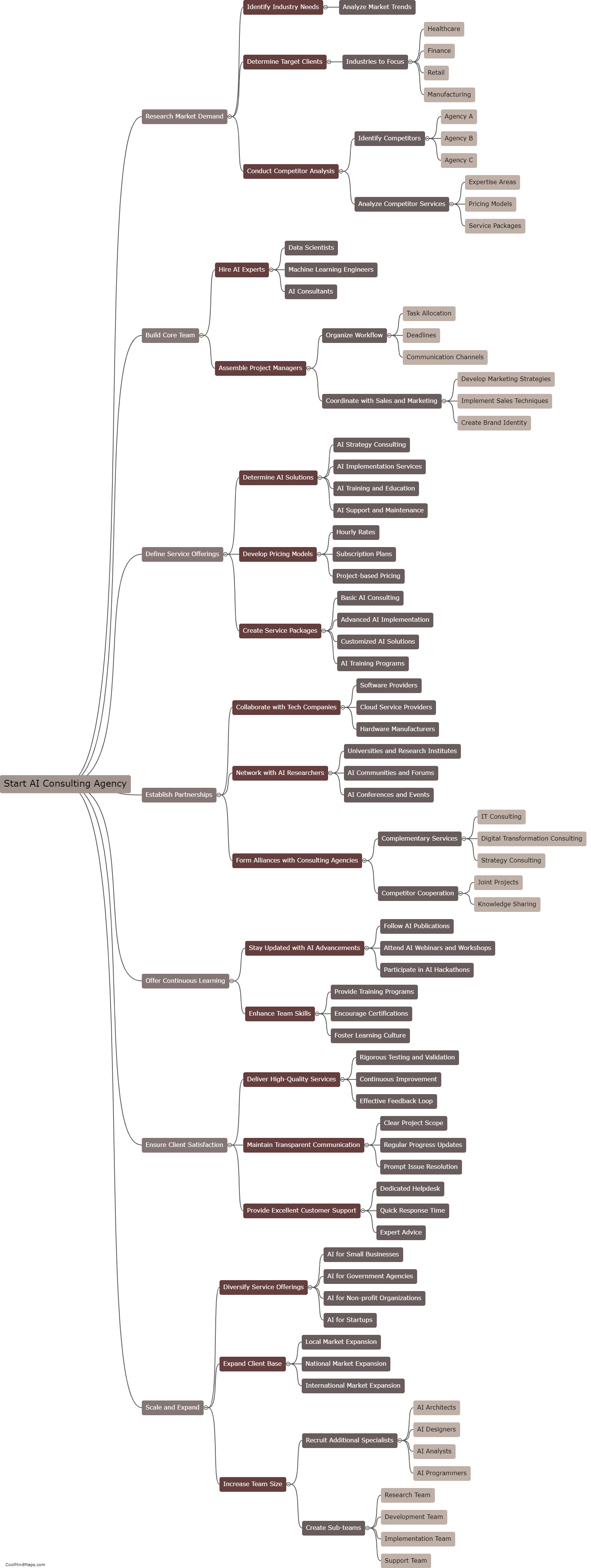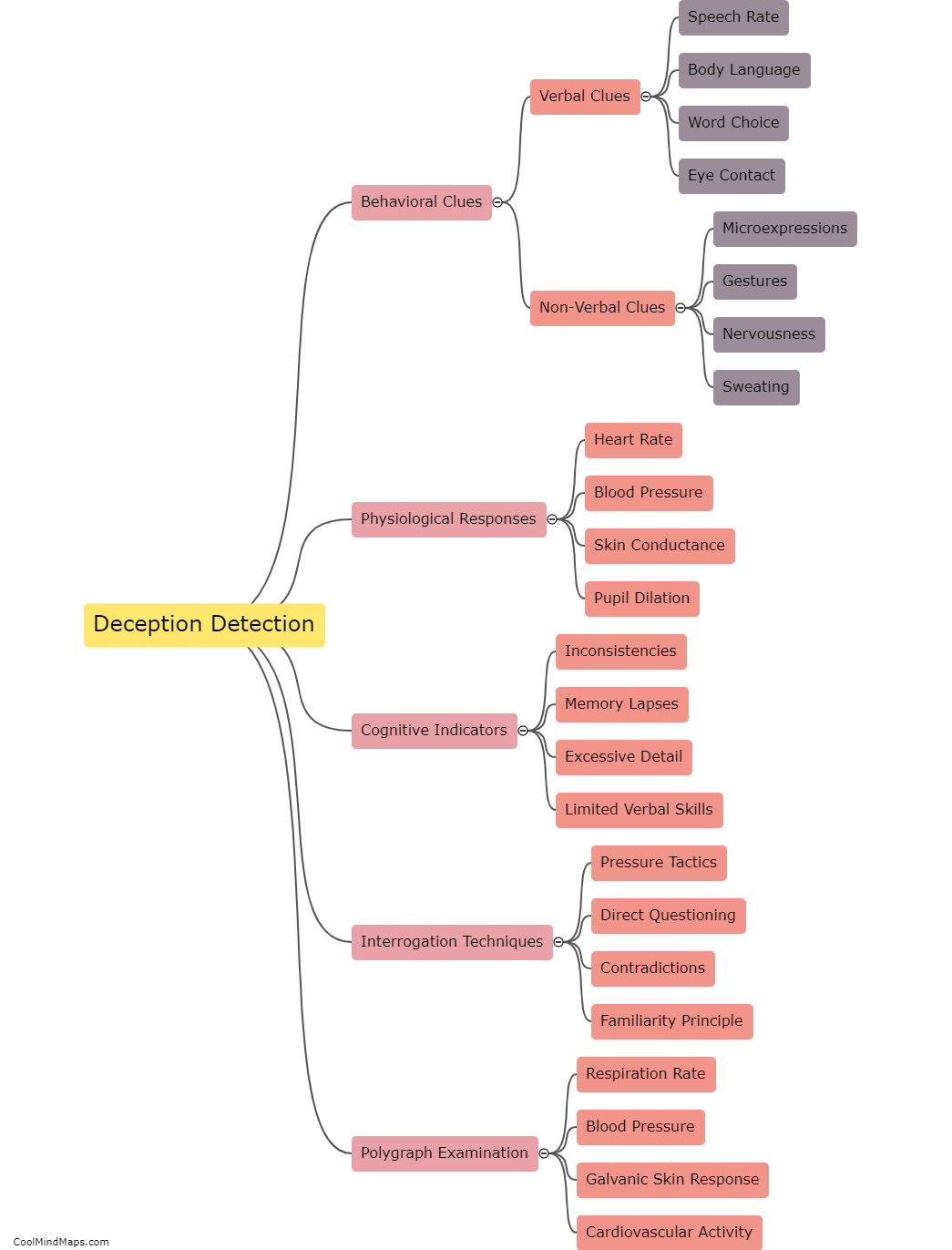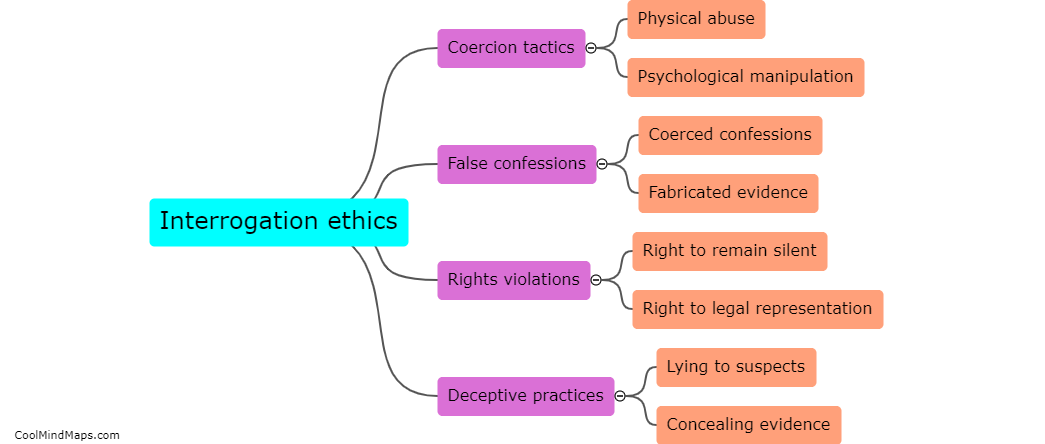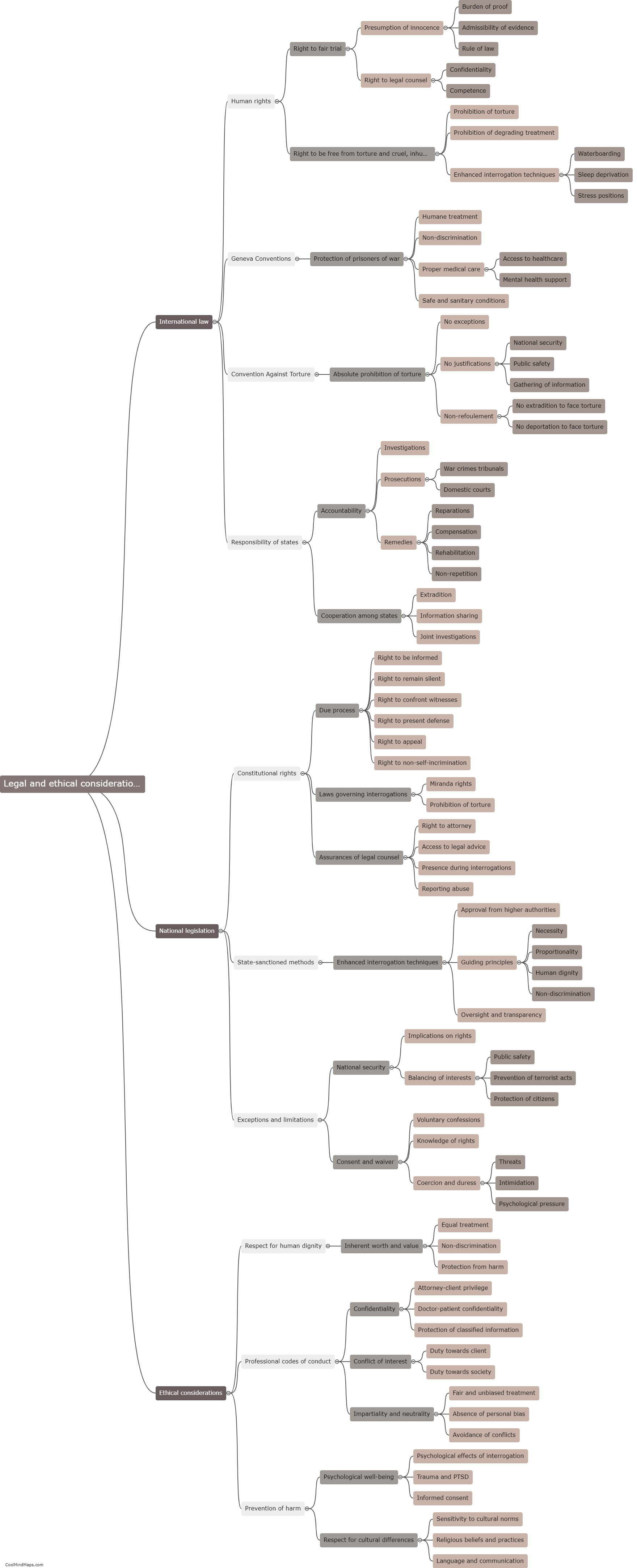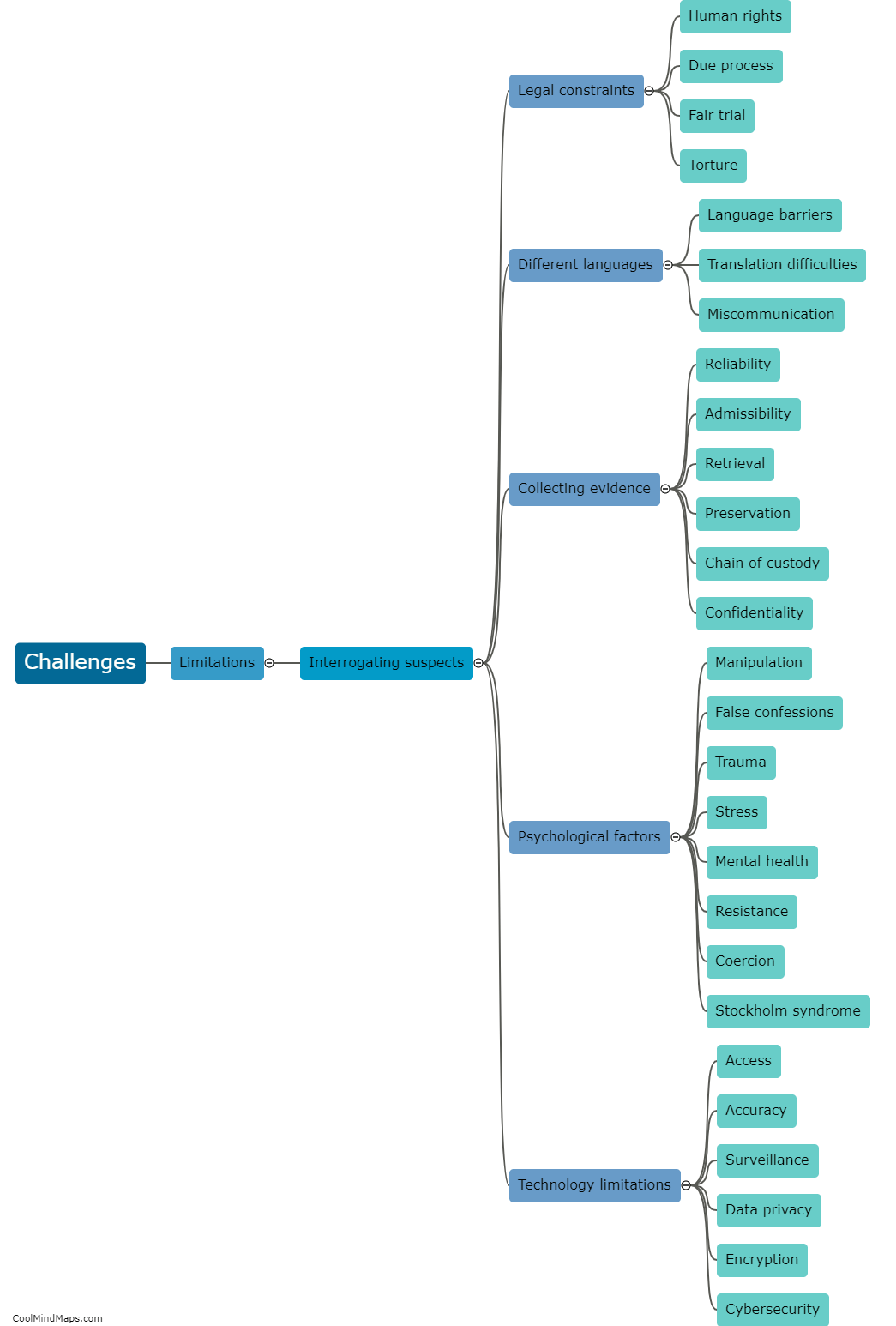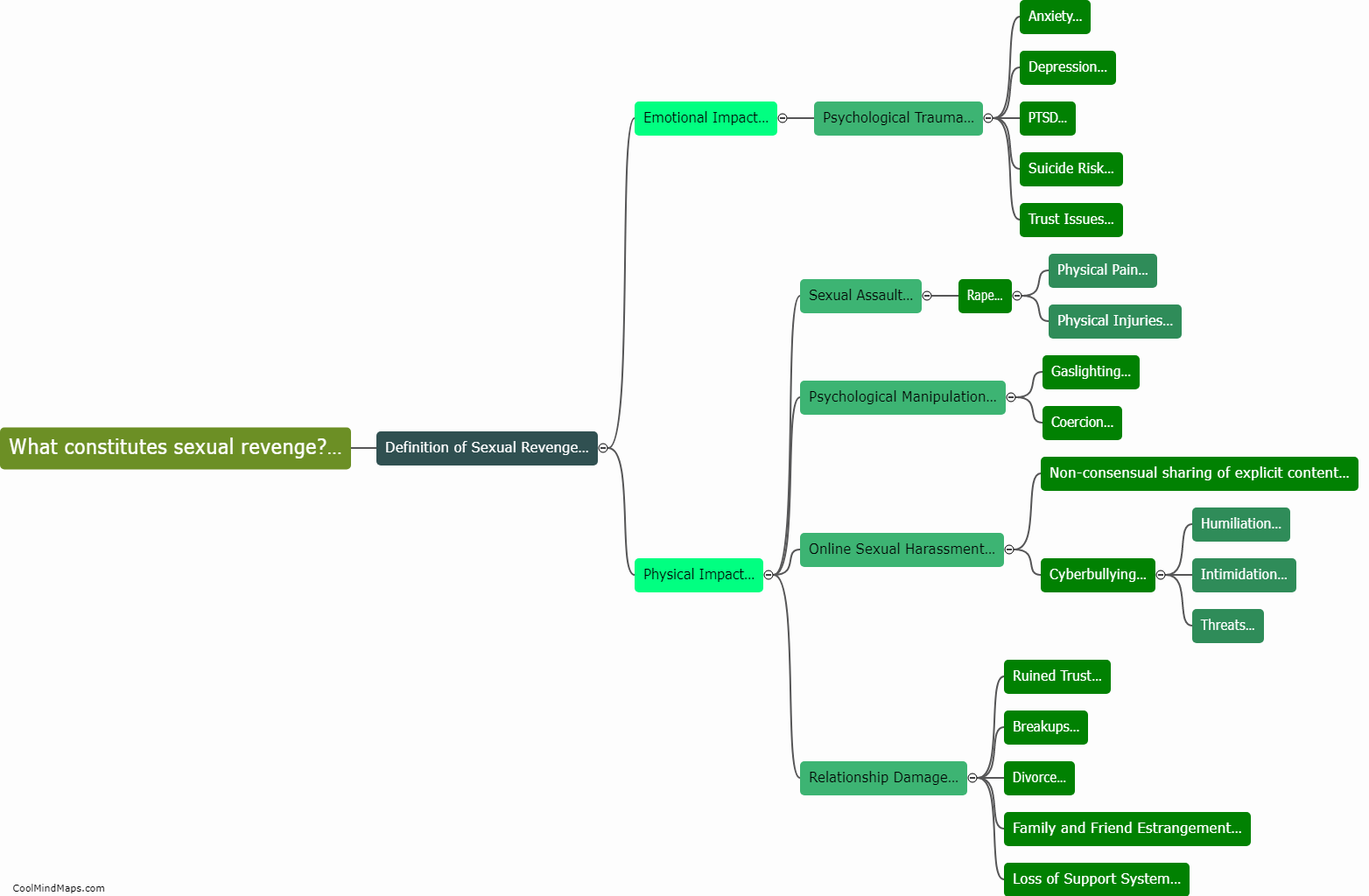Psychological tactics used in terrorist interrogations.
Psychological tactics play a crucial role in terrorist interrogations, as they aim to obtain valuable intelligence from captured terrorists while also impacting their resolve. Interrogators employ a range of methods to exploit psychological vulnerabilities, instill fear, and break down resistance. These techniques include sleep deprivation, sensory overload or deprivation, stress positions, isolation, cultural manipulation, and use of fear-inducing tactics. By creating an environment of uncertainty, dependence, and fear, interrogators aim to weaken the terrorist's mental state, manipulate their thoughts, and ultimately extract crucial information that can aid in thwarting future attacks or dismantling terrorist networks. However, the ethical implications of employing these tactics are hotly debated, with concerns raised about the potential for abuse and violation of human rights.

This mind map was published on 4 December 2023 and has been viewed 91 times.
